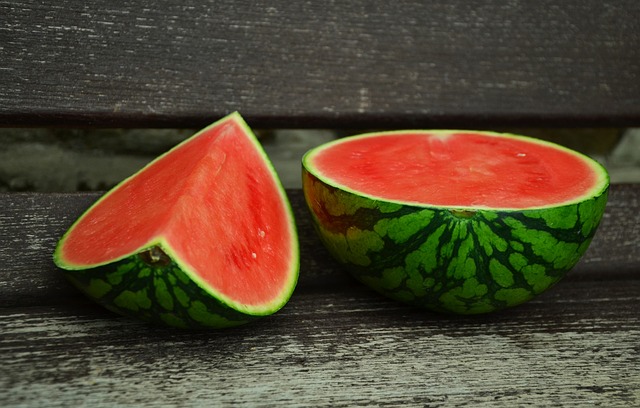Introduction
Probiotics are live bacteria and yeasts that are good for your health, especially your digestive system. These helpful microorganisms are naturally found in your gut, but can also be taken in supplement form or through certain foods.
Types of Probiotics
There are many different types of probiotics, but the most commonly used ones are lactobacillus and bifidobacterium. Lactobacillus is found in the small intestine and produces lactic acid, which helps to promote a healthy digestive environment. Bifidobacterium is found in the large intestine and helps to break down and digest carbohydrates.
Benefits of Probiotics
Probiotics have many health benefits, including:
- Improving digestive health
- Boosting the immune system
- Reducing inflammation
- Preventing and treating diarrhea
- Helping to treat irritable bowel syndrome (IBS)
Probiotics and Gut Health
Probiotics are especially important for maintaining a healthy gut. They help to balance the good and bad bacteria in your digestive system, which can be thrown off by things like antibiotics, a poor diet, or stress. A healthy gut has been linked to better overall health and fewer chronic diseases.
Probiotic Foods
Probiotics are commonly found in fermented foods like:
- Yogurt
- Kefir
- Kombucha
- Sauerkraut
- Kimchi
- Miso
Probiotic Supplements
If you’re not getting enough probiotics in your diet, you may want to consider taking a supplement. Probiotic supplements are available in many forms, including capsules, tablets, and powders. When choosing a supplement, it’s important to look for one with a high number of CFUs (colony forming units) and multiple strains of bacteria.
Conclusion
Probiotics are an important part of a healthy diet and lifestyle. They can help to improve your digestive health, boost your immune system, and promote overall well-being. Whether you get your probiotics from food or supplements, adding them to your daily routine can have many health benefits.







